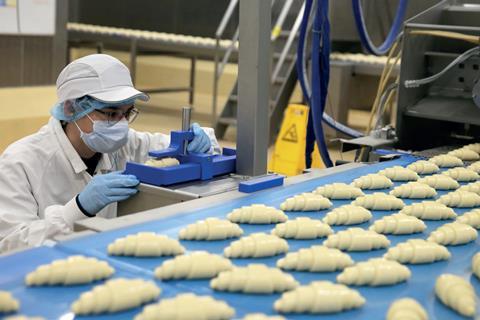
Bakery supplier Délifrance has reported significant progress on key sustainability commitments and outlined targets in its first annual CSR report.
The report highlights the projects implemented, the action plans deployed, and the results collectively achieved between July 2022 and June 2023 as part of its CSR strategy, Baking Good Better.
This strategy sets out a framework for Délifrance to reduce its carbon footprint and contribute to global carbon neutrality by 2050. Commitments are aligned with the ambitions of its parent company, French cooperative group Vivescia, focussing on three key pillars of Planet, People, and Product & Know-how.
A list of highlights achieved during the year-long period as well as future goals includes:
Planet
- 13% intensity reduction in CO₂ emissions for scopes 1 and 2 – target of 20% by 2025
- 99% of its packaging is currently recyclable – target of 100% by 2025
- 98% co-product recovery rate maintained
People
- 40% reduction in lost-time accidents since the launch of the Care programme in 2016 – target of 25% reduction between 2023 and 2024
- 80% of employees in the UK and Ireland completing at least one training course per year – progress being made towards target of 3% of payroll costs currently devoted to training by 2025
- 40% of positions on the UK and Ireland board filled by women
Product & Know-how
- 100% RSPO certified palm oil achieved since 2021 – target of 100% RSPO certified and segregated palm oil by the end of 2024
- 40% Rainforest Alliance-certified cocoa – ambitious target of 100% by the end of 2024
- Target of achieving 100% sustainable wheat flour, its main raw material, on all sites by 2027 being driven by initiatives such as adding wheat flour from regenerative farming practices.
- 71% of products covered by additive reduction approach – target of 100% by 2025
Nathalie Genebes, global CSR director at Délifrance, said it was essential to have a well-structured and ambitious CSR strategy to meet the challenges of climate change and other pressing societal issues.
“Our CSR strategy, Baking Good Better, is feeding into product innovations such as our range becoming increasingly plant-based, as well as process innovations and partnerships with NGOs. Not to mention, it also enables us to communicate and offer greater transparency to all our teams, ensuring we meet their expectations when it comes to our own corporate commitments,” she added.

The CSR director noted that the new report showed that Délifrance had been able to vastly improve day-to-day practices throughout its supply chain. “Now, as we look ahead, one of our first priorities is to submit our decarbonisation roadmaps to SBTi, which includes focusing on the biggest impact areas of greenhouse gas emissions such as raw materials purchasing, energy and refrigerant gases used in our factories, and freight,” commented Genebes.
Baker & Baker is an example of another UK bakery manufacturer in the process of having its net zero targets validated by the SBTi, while The Compleat Food Group achieved it last December.
Genebes revealed that Délifrance’s priorities for 2024 also include a commitment to zero deforestation across its entire value chain, as well as more societal issues such as workplace safety and well-being, and diversity and inclusion, adding that these are “areas where we need to step up our efforts”.
According to its website, Délifrance currently operates 14 production sites across Europe and Asia, employing 3,300 staff members and delivering around two billion viennoiseries per year to 100 countries worldwide. It’s two UK factories are located in Wigston, Leicestershire, and Southall in London.
The full CSR report is available as a free download via the Délifrance website here.
Délifrance has also recently published its market research report entitled ‘Prove It 2024: Breaking Bread – The Rise of the £1.2bn UK bread opportunity’, offering insight into bread consumers’ behaviour in and out of home.



















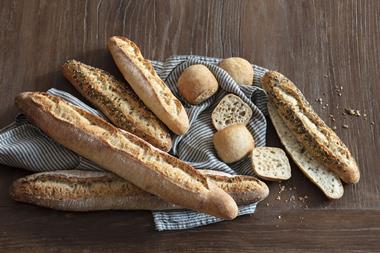
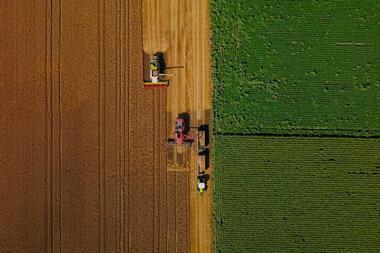

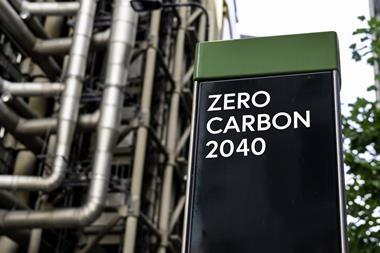
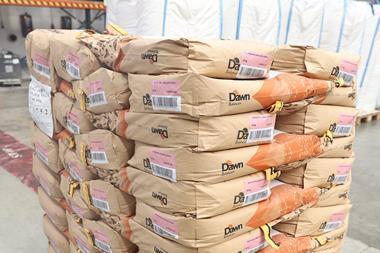



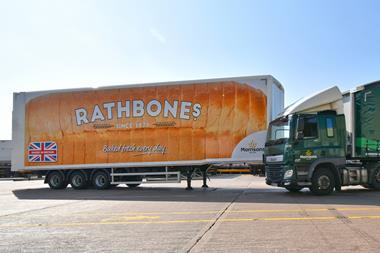

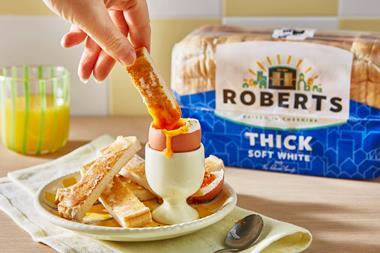
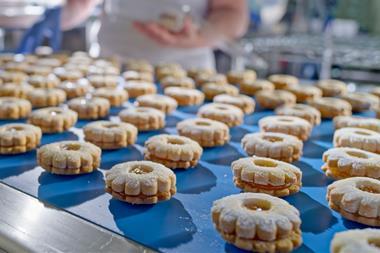

No comments yet